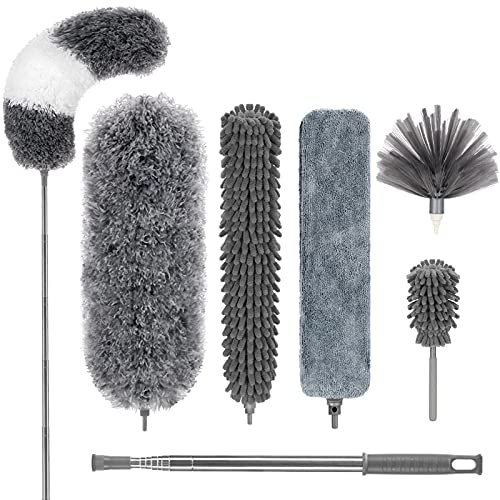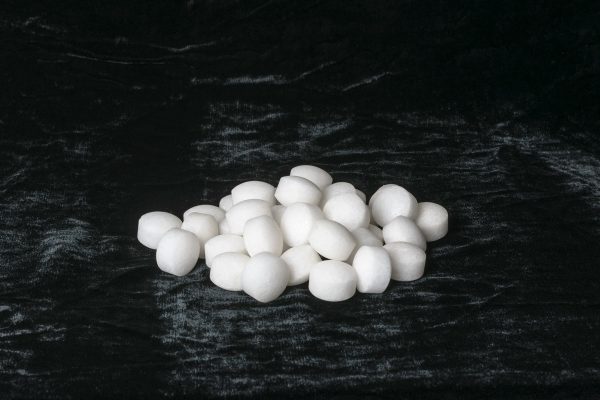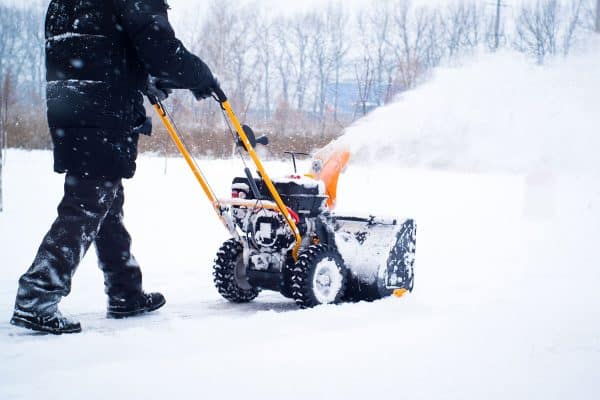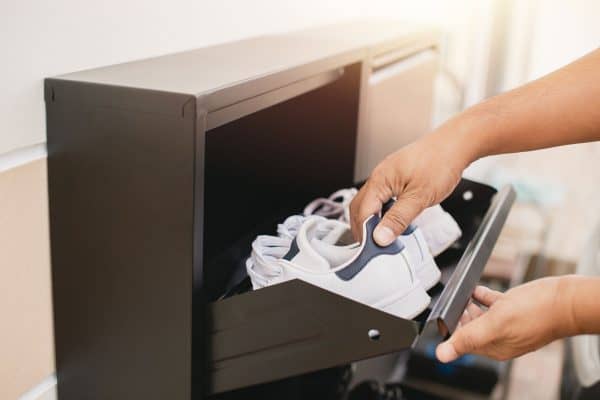One of the biggest problems comprehensive readers and book collectors often encounter is their display area or bookshelves running out of space. The question is can you store books in a garage? Don't worry, as we have already researched the answer for you.
It would be best if you first considered your garage's humidity, temperature, and security. Books require 68-72F with 40-50% relative humidity to preserve their quality. Hot and dry conditions would result in paper and leather brittleness, while a damp environment would cause mold growth. Ensure that your storage place is free from pests like insects and mice.
Now that you know books can be kept in the garage, keep reading this article as we further explain proper book storage and answer some of the commonly asked questions like other possible storage locations in your home.

Will Books Get Ruined in Garage?
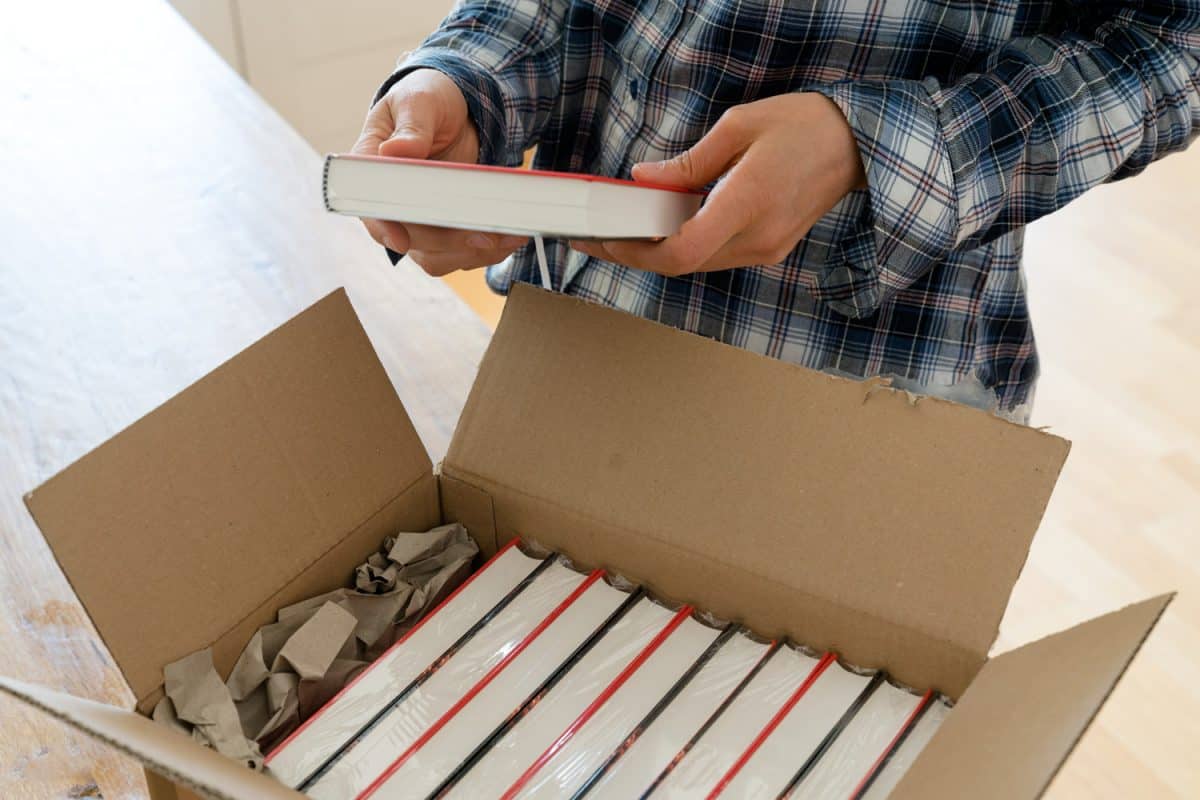
We do not recommend storing books in garages because some have high humidity levels; books require specific conditions due to their delicate nature. As mentioned above, your books will be safe in your garage if it meets specific requirements.
Here are some of the factors that might significantly affect your home.
Check The Humidity
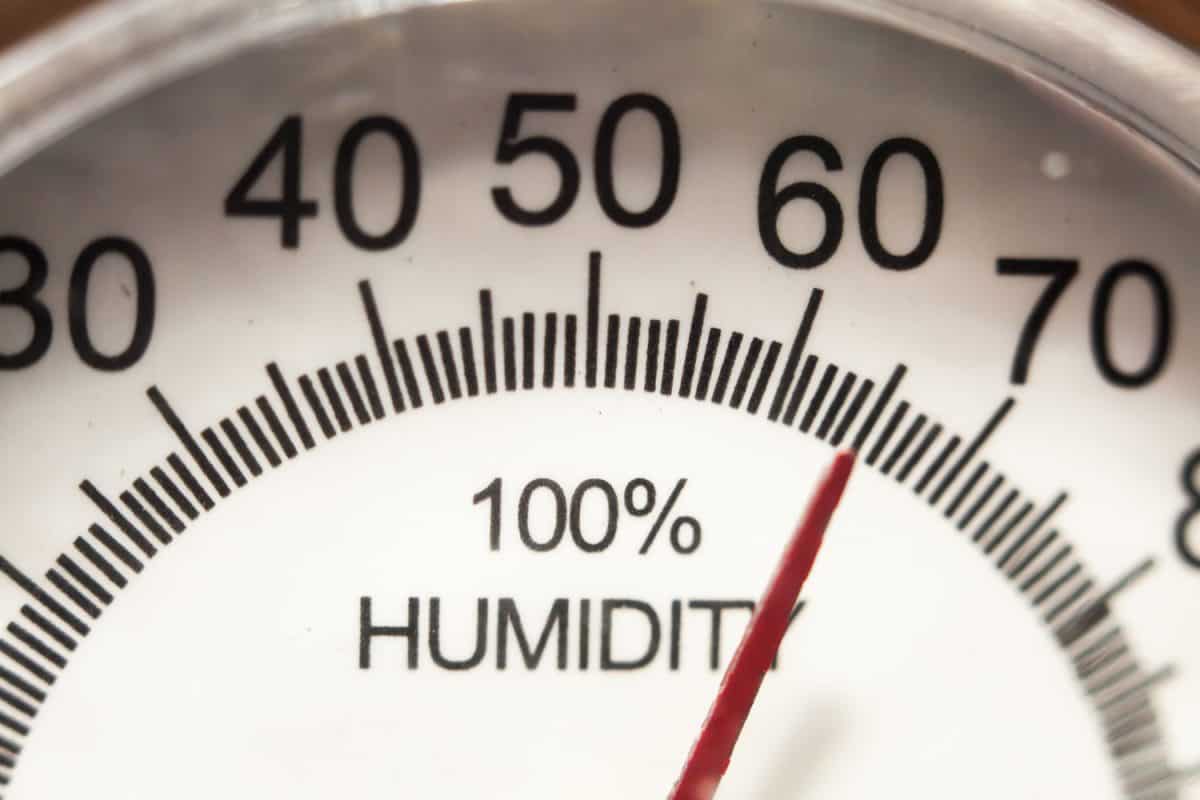
Mold and Fungi thrive in humid and damp areas, and since your books are paper which is an absorbent material, it will most likely draw in a lot of moisture, making it a perfect place for mold growth.
Regularly check the temperature and humidity in your garage; if it falls within the ideal temperature range of 68-72F with 40-50% RH, you’ve already ticked off one of the boxes in the ideal storage conditions checklist.
It is also good to invest in a portable dehumidifier for additional protection against moisture. The dehumidifier will draw in the moisture, thus preventing mold growth in your books.
Too much of both cold and hot can damage your books. To prolong its life, ensure that the garage is always in optimal condition.
A good rule to keep in mind is that if you’re cold and freezing or hot and sticky, your books are most likely too!
Clear Out Pests
We often overlook detached and isolated positions, minor damage like holes, gaps, and broken windows. Pests find these entry points to move into your garage and treat your books as free snacks to nibble or a nesting area to settle.
Inspect your garage for these critters. For safety purposes, we highly recommend you hire pest control professionals to deal with the problem, especially in severe cases.
Seal up any holes, replace broken glass, caulk drafty windows, declutter the space, and most importantly, keep it neat and organized since these critters are attracted to messy rooms. Avoid using harsh pest repellant as it can damage your books. Instead, opt for natural solutions like peppermint oil.
Invest In Good Storage Pieces
Books left out and about are more likely to lose their quality and deteriorate in a short amount of time. It is best to place it on shelves and boxes for added protection.
Cardboard Boxes
One convenient way to store your books is by placing them in sturdy cardboard boxes, but don’t overcrowd them to have some space left for your books to breathe, reducing the chance of mold growth.
Don’t use plastic bins as these containers have an air-tight seal that traps residing moisture inside.
Book collectors suggest packing the books upright with the fore-edge, the paper side, facing the box so if the load shifts, the books will rest spine against the spine, minimizing damage and dents.
Remember that most cardboard boxes will acidify over time and may eventually damage your books, so this option is only applicable for short-term storage.
Bookshelves

The best choice of safekeeping books is by placing them on bookshelves; aside from the functionality, it is aesthetically pleasing seeing your precious books displayed and organized. You can choose between metal and sealed wood bookshelves, although metal is the better choice.
Wood shelves offer a more decorative finish but may release damaging acid, accelerating paper deterioration. You can still use your wood shelves by lining them with glass, acrylic, or plastic sheets to avoid direct contact with the wood.
Ensure your shelves have enough space to house the entire book, keep it upright, and don’t let it lean on the spine as this could weaken the structure.
We recommend installing glass doors for additional security for expensive and collector book items.
What Is The Proper Way To Store Books?
Some people still prefer to read actual books despite the popularity of e-books and technology. Unlike their digital counterpart, hard copies may sometimes be hard to maintain as you would need to check and store them properly.
But that won’t stop book lovers and readers from keeping these valuable pieces.
Do Not Mix Other Items With Your Books
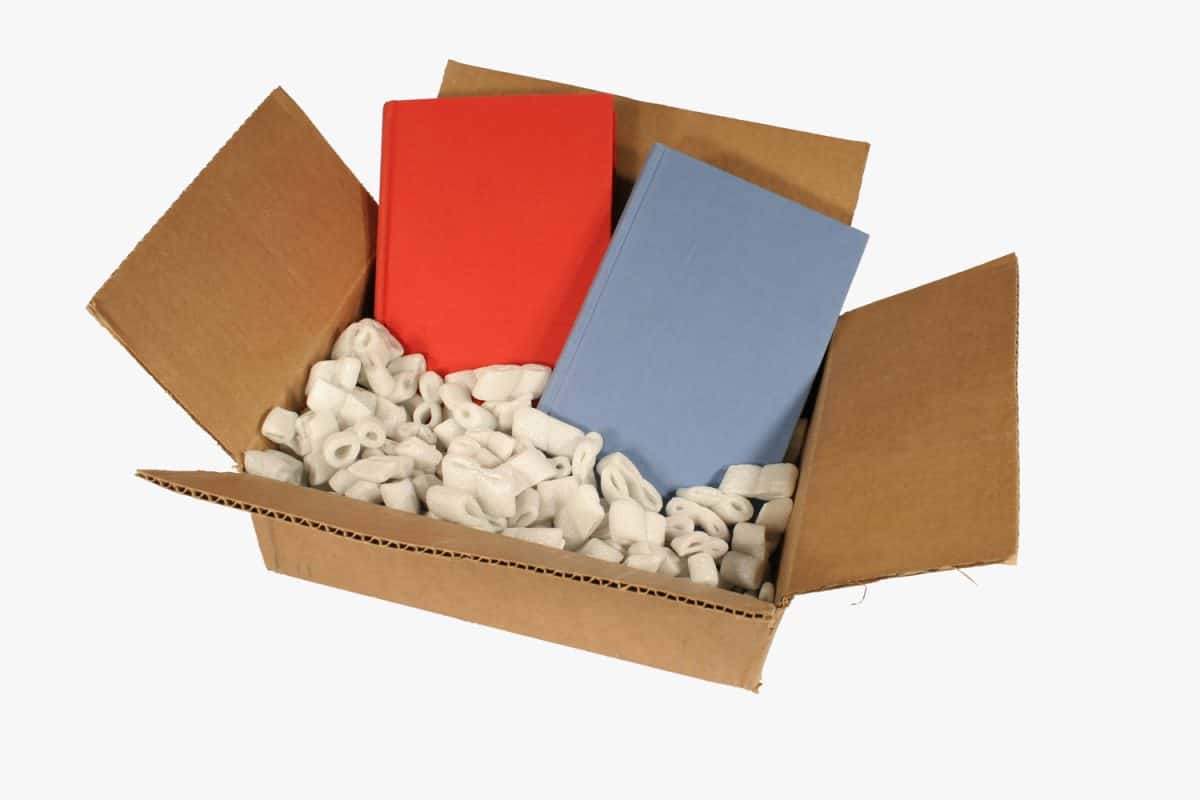
A common misconception is that you can store all paper materials such as books, newspapers, printouts, letters, and many more in one space.
Newsprint and colored print out are acidic, while letters, especially handwritten ones, often have residual oils from the sender, which can damage books. The best practice is to store them separately for easier tracking and to preserve the material.
Keep Books Away From Direct Light
Sunning is a term used when you expose books to light. Any light can cause damage as it triggers chemical changes that break down the paper, but UV rays are the most harmful.
This reaction will continue even if the book has been removed from the light source, although at a slower pace. Preserve your books by applying any of the tips below:
- Use UV filtering products like UF-3 Plexiglass or Acrylite OP-2 on windows and fixtures
- Choose a storage location that receives minimal to no exposure to sunlight
- Avoid using unshielded fluorescent lights
- Protect your books with archival dust-jacket protectors, which were created to shield against UV rays
Check out this Clear Adhesive Book Cover on Amazon!
Dust Your Books
Dust may seem like a minor issue, but if it piles up, it can also damage your books; dusty books are prone to mildew growth. Use a soft-bristled brush and feather dusters to brush out the book starting from the spine out.
You can also vacuum it but take precautions during the process, use the lowest setting and firmly handle the book’s spine.
Check out this Microfiber Duster on Amazon!
Handle Books Carefully
You must always observe proper handling throughout the storage process; this ensures that the book’s structure will remain in excellent condition. Listed below are the tips that you might want to start practicing to prolong the book's life
- Place same-sized books next to each other; tall books stacked with the short books may cause them to warp.
- When retrieving a book, do not harshly pull it by a single page. Instead, push the book on either side to make room, then hold it in the middle of the spine and pull.
- Do not lay an open book on a flat surface as this can damage the hinges
- Handle books with clean hands; oils can damage the print and cover of the book
Conclusion

It is no surprise for homeowners to convert their garage space as an additional book storage area since it already serves this purpose; why not make it your reading area. Utilize the bookshelves and unused space by incorporating lamps and furniture; the possibility is endless.
If this article helped you out, then here are other helpful articles!


